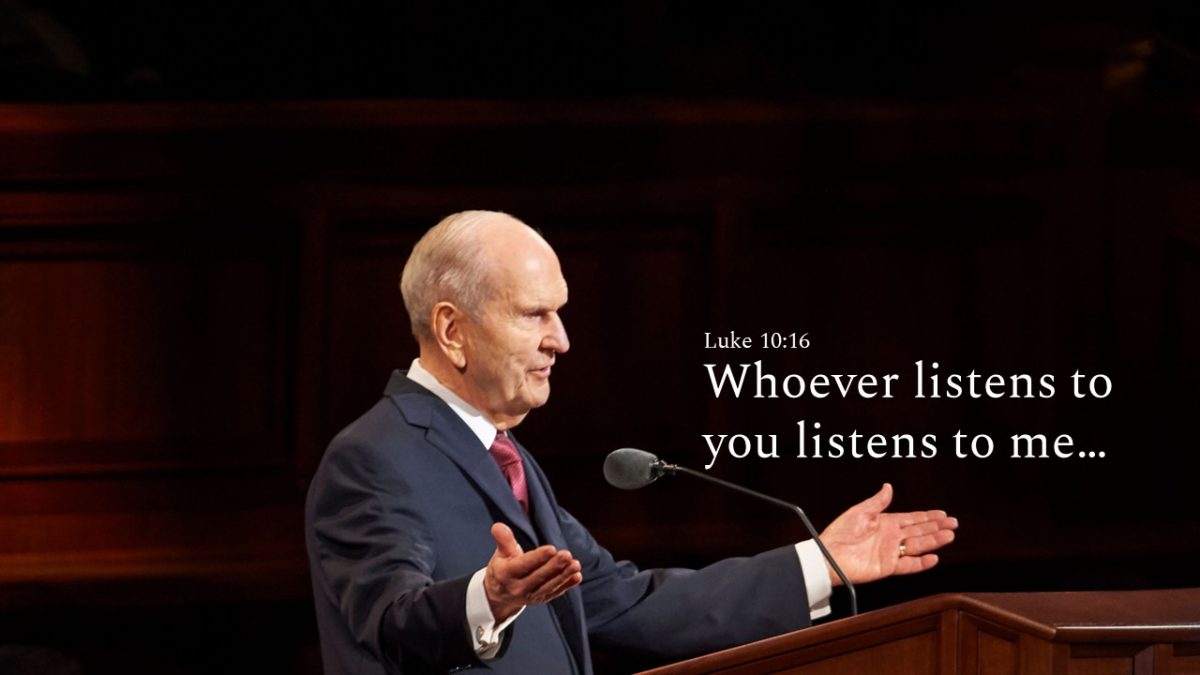Church finances are often a point of criticism. But should they be?
In thinking about church finances, it’s helpful to have a basic grasp of tools large organizations use to make complex decisions around investments and spending. In this presentation we look at one of those tools, the Analytic Hierarchy Process, and think about how organizations bring maturity to their decision making processes.
The important question to consider is, what methodologies are the church’s critics employing? And are those superior to frameworks like AHP?
Continue reading “Church Spending”
